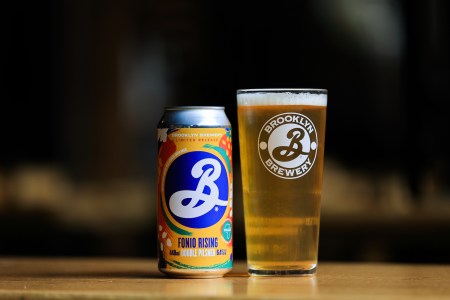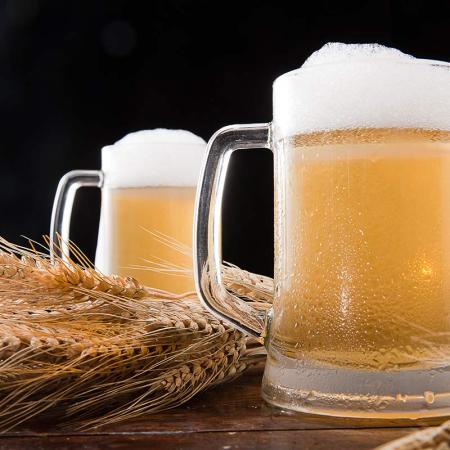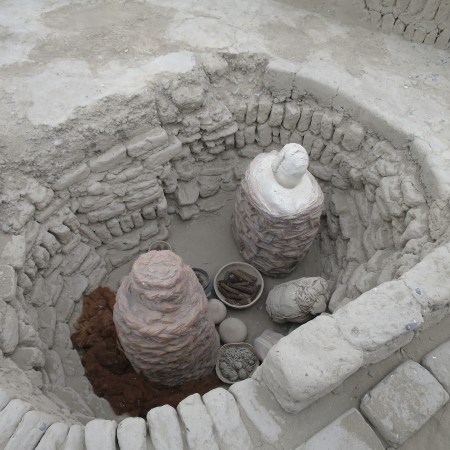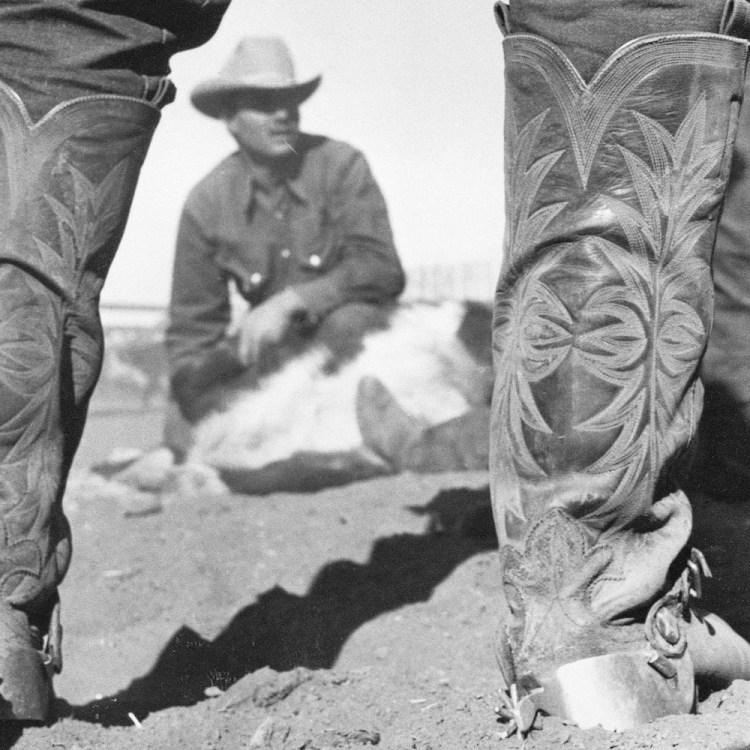The oldest methods of making beer still have plenty to tell us in the 21st century. Garrett Oliver of Brooklyn Brewery is leading an effort to expand the use of fonio, a grain that was first used 5,000 years ago, in contemporary brewing. Patrick E. McGovern’s book Ancient Brews chronicled both millennia-old beermaking techniques and the ways contemporary home brewers could adapt those recipes. And now, Utah resident Dylan McDonnell has found a way to recreate a beer recipe that dates back to the time of the phraraohs.
Alexander Nazaryan chronicled McDonnell’s long journey into the history of beer for The New York Times. The process, McDonnell told the Times, began when he learned of Seamus Blackley’s 2020 efforts to bake bread using yeast that dated back to 2,500 B.C.E. While the process of obtaining yeast that’s existed for thousands of years might sound like the stuff of science fiction, it turns out it’s very possible.
“You have all these very, very old vessels around that the Egyptians made beer and bread in, and we wanted to find a way to extract microbes from these vessels so it wouldn’t damage them,” Blackley told Los Angeles Magazine in 2020.
McDonnell told the Times that he sought out various ingredients mentioned in ancient Egyptian beer recipes, including sycamore figs, frankincense and desert dates. As for obtaining ancient yeast, that’s easier to do than one might expect; companies like Primer’s Yeast sell strains of yeast that have their origins thousands of years ago.
Brooklyn Brewery Is Bringing an Ancient African Grain to Mainstream Beer
Fonio is drought-resistant, grows quickly and is full of flavorNazaryan described McDonnell’s historically-inspired beer as one that’s “initially sour but then becomes increasingly complex, arriving at a rich, refreshing, cider-like quality.” While McDonnell has no plans to commercially release it, it does sound very appealing, and one hopes a craft brewery might draw inspiration from his work. It’s also worth noting that 4,500-year-old yeast might sound old, but historical yeast can go even further into the past than that. What’s not to like about history you can drink?
Join America's Fastest Growing Spirits Newsletter THE SPILL. Unlock all the reviews, recipes and revelry — and get 15% off award-winning La Tierra de Acre Mezcal.



















